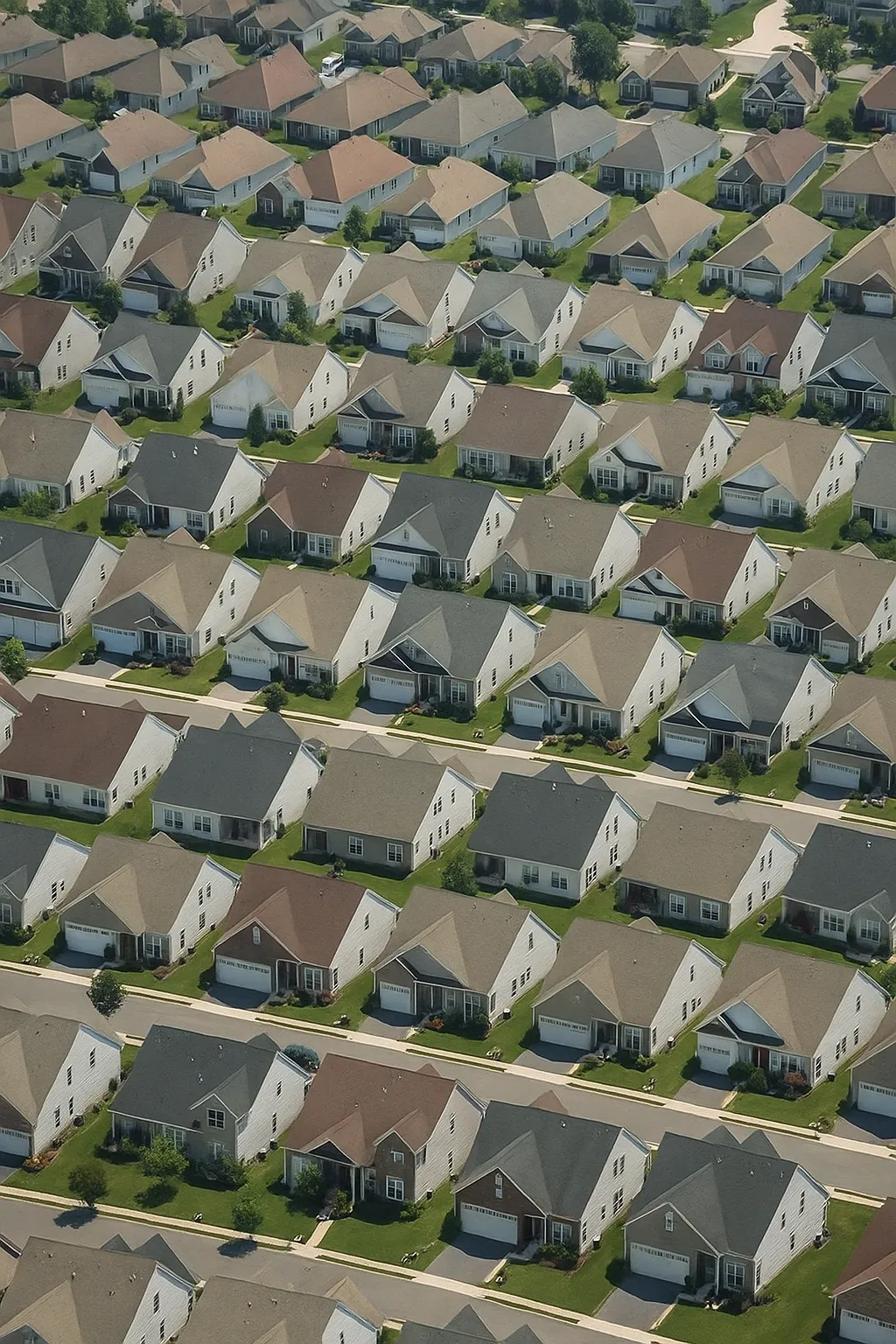
Does a Government Shutdown Affect the Housing Market? Here’s What You Need To Know
There’s been a lot of talk lately about how a government shutdown might shake up the housing market. If you’ve been wondering whether everything comes to a standstill, here’s the truth:
It doesn’t.
Even during a shutdown, the housing market keeps moving. Homes are still being bought and sold, contracts are still being signed, and closings continue to happen. While certain parts of the process may slow down, the market as a whole doesn’t hit pause.
What Typically Happens During a Government Shutdown
When the government shuts down, some federal agencies temporarily close or reduce operations. That can create a few slowdowns in the real estate world—especially for buyers relying on government-backed loans or specific approvals.
Here’s what experts say:
“Applicants for FHA, VA, or USDA loans—which account for about one-quarter of all mortgage applications—may encounter significant processing delays due to agency furloughs.”
— Selma Hepp, Chief Economist at Cotality“By recent estimates, more than 2,500 mortgage originations per working day are at risk of delays during a shutdown.”
— Zillow
Another area affected is flood insurance approvals. The National Flood Insurance Program (NFIP) can be temporarily disrupted during a shutdown, which may delay closings for homes located in flood zones.
But even with these hiccups, most transactions still move forward.
Buyers keep buying. Sellers keep selling. And real estate agents continue guiding people toward the finish line.
The Market Normally Bounces Back Quickly
History gives us a helpful blueprint.
During the most recent government shutdown at the end of 2018—which lasted 35 days—existing home sales dipped slightly, then immediately rebounded once the government reopened.
According to Data from the National Association of Realtors (NAR), sales slowed for about two months and then surged as delayed closings were finally completed. The dip you’d see on the graph wasn’t seasonal—it aligned exactly with the shutdown, followed by a swift recovery. (see graph below)
The bottom line?
Housing activity may pause, but it doesn’t break.
What This Means If You’re Buying or Selling Right Now
If you’re currently under contract, take a breath—most deals still close. You might just need to allow for a little extra time. As Jeff Ostrowski, Housing Market Analyst at Bankrate, puts it:
“If you're expecting to close in a week or a month, there could be some slight delay, but I think for most people, it’s probably going to be a blip more than a real deal killer.”
For buyers or sellers who are just getting started, this period could even work to your advantage. Uncertainty tends to make some people pause their plans—and that can create opportunities:
Buyers may find less competition for the homes they want.
Sellers may encounter more motivated prospects or more flexibility in negotiations.
These small windows of slowed activity can be the perfect moment to make your move.
Bottom Line
A government shutdown can cause some short-term delays—especially for certain types of loans—but it does not stop the housing market. If anything, it may temporarily open up opportunities for buyers and sellers who stay ready.
If you’re unsure how a shutdown might affect your buying or selling plans, now is the perfect time to connect with a trusted local real estate agent who can walk you through what to expect.

